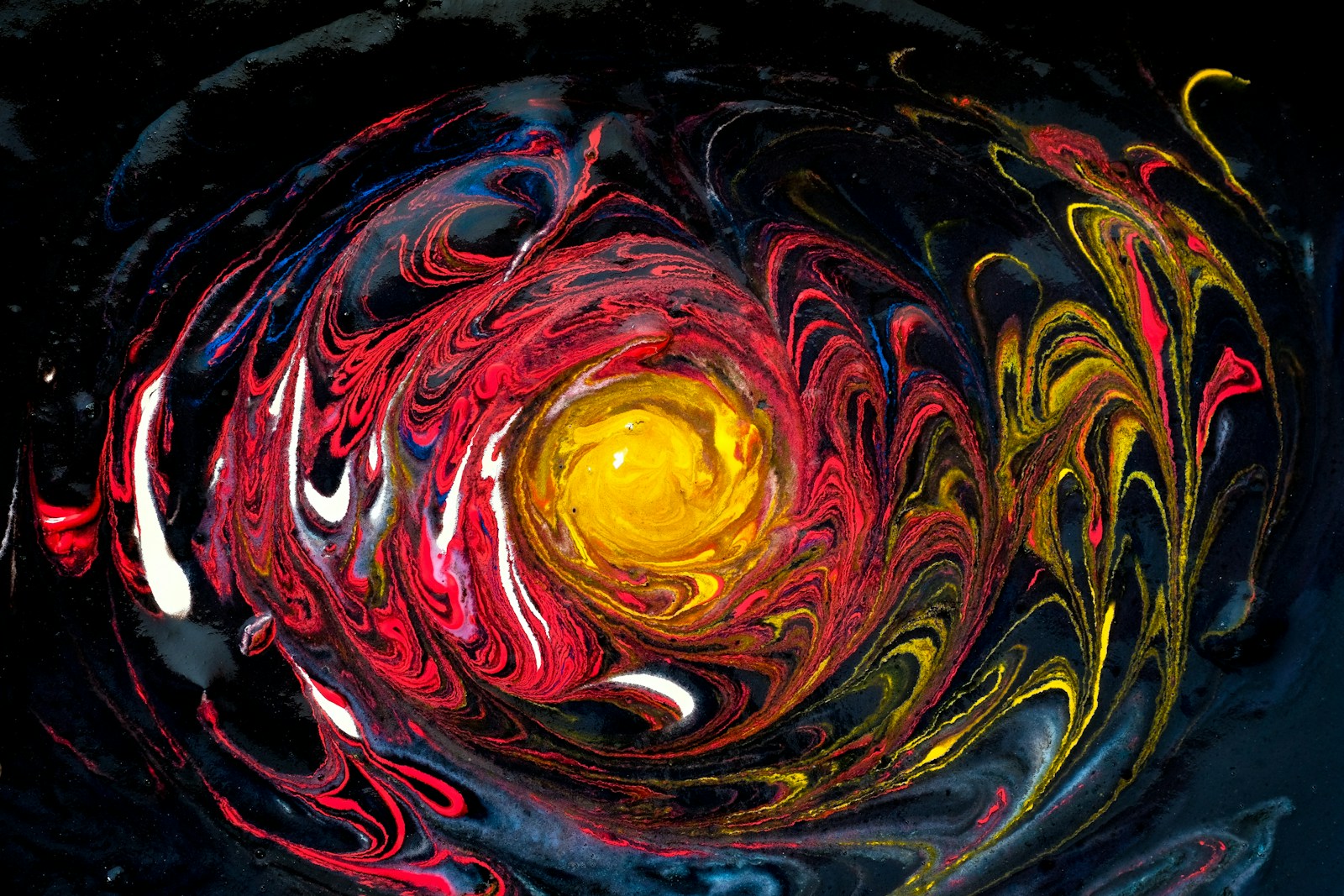Most people have the wrong perspective.
They see work as a means to an end. They imagine that once they’ve worked hard enough, and long enough they can relax and coast. For many, that won’t happen.
Many people’s beliefs about work are solidified.
- Work is drudgery.
- Work is forced upon us.
- Work is never fun.
Their perspective limits creativity and opportunity.
There’s an immaturity that they never overcome. Resentments and stunted beliefs they can’t shake. And life patterns they don’t seem to notice.
But it doesn’t need to be that way.
Work can be life-affirming and beautiful.
- Work is how we beautify our lives.
- Work is how we express ourselves.
- Work is how we serve others.
This perspective aligns us with the flow of life.
Understanding that work is a natural phenomenon allows us to accept that it will be a big part of our lives. Seeing natural processes as our teacher, we can find work we’re well suited for that will provide us with good income and a healthy life.
Fundamentally, work is about energy storage and exchange.
Grass converts sunlight into glucose. It’s then eaten by grazing animals. And they are eaten by predators. At some point, on a savanna, everything dies, decays, and becomes soil for new grass. In nature, energy is constantly being exchanged. And, though we have convinced ourselves otherwise, we are still very much a part of nature.
Humans have–perhaps largely unconsciously–created various methods (money, taxes, mortgages, copyrights, trademarks, corporations, and others) to describe and document how nature’s processes emerge in human society.
- Who is this energy owned by?
- Who is receiving this energy?
- Who is this energy being transferred from?
- How will this energy be stored?
Financial tools solve many problems and help us answer questions, but often distract us and bog us down in details.
We go to the grocery store, get to the register, and become emotional because we have to pay. We forget about the delicious deli sandwich in our cart. We focus on the intangible energy we’re losing, instead of the real energy we’re gaining, in sandwich form.
Most people spend too much time keeping score.
They remember that time they got bamboozled, or got a lucky break. They don’t focus on cashing in on their experience and skills.
They think about what they will lose if they start their own thing. And how they won’t have the “security” they have now. They become paralyzed… overwhelmed with “what-ifs”. And they stay put in a lackluster position.
They don’t reach the stage of ownership.
When people fail to start their own venture(s), they miss a crucial step in their personal and spiritual evolution. Conventional thought around work and money make it appear that creative entrepreneurship is foolish, when it is a logical next step.
Ownership of your creative output is akin to the concept of compound interest in financial lingo. If, however, you don’t own your creative output and it’s being given away to a company or other organization… you can’t capitalize upon it.
That’s not to say that working for someone else is without any merit.
But it’s ownership that sets a person and their work apart.




